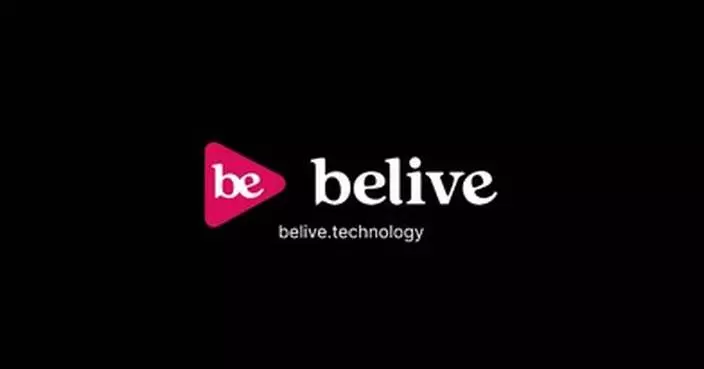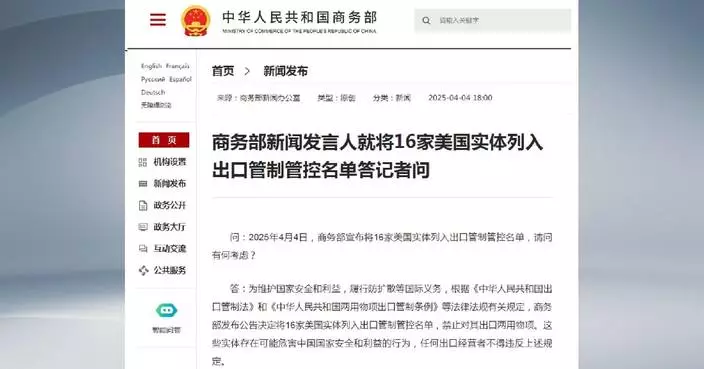SEOUL, South Korea, Nov. 7, 2024 /PRNewswire/ -- Modern Lion and Hyundai Card have joined NEAR Protocol, a global Layer 1 blockchain platform forming a strategic partnership to advance Web3 integration in the concert culture.
Through its NFT platform KONKRIT, Modern Lion addresses ticket scalping—a priority identified by Hyundai Card—by providing a secure, NFT-based ticketing solution. This partnership will expand Modern Lion's NFT-based ticketing solution on NEAR Protocol, improving security and transparency in ticketing.
Modern Lion has been promoting a healthier concert and show culture through NFT ticketing, successfully preventing scalping at events such as the 'Hyundai Card Curated 92: Jang BEOM-JUNE' concert and the immersive cultural experience 'DaVinci MOTELl' at Itaewon area, Seoul. With NEAR Protocol's speed, security, and scalability, Modern Lion is ready to make significant strides in the global market.
The collaboration will focus on supporting Hyundai Card's event ticketing through NFTs, activating the NFT marketplace, and advancing NFT projects on KONKRIT. Additionally, the partnership will include co-hosting events, joint marketing initiatives, and building brand recognition while strengthening industry networks.
Duhee Lee, CEO of Modern Lion, stated, "This partnership marks a significant step in revolutionizing concert and show culture, blending convenience and security through NFTs and blockchain. By offering NFT tickets and membership services, we will enhance audience experiences and foster transparency in the entertainment industry." He added, "We aim to grow with the NEAR ecosystem and become a globally recognized blockchain company."
Illia Polosukhin, CEO of the NEAR Foundation, highlighted, "Korea is one of the centers for real world adoption of blockchain technology and we are excited that NEAR will partner with Hyundai Card and Modern Lion to provide scalable infrastructure and chain abstracted user experiences."
Modern Lion will also co-host the closing party for the Web3 global conference REDACTED 2024. CEO Duhee Lee will present alongside leading figures from Dragonfly Capital, Pantera Capital, and Edward Snowden, further cementing Modern Lion's role in the global Web3 arena.
Press Contacts:
Luis Shin / Manager
NEAR Korea
Luis@nearkorea.org
About the NEAR Protocol
NEAR is a highly performant, scalable layer one blockchain and ecosystem with tens of millions of monthly active users leading Web3 in consumer app adoption, Chain Abstraction, and User-Owned AI.
For more information, please visit: https://near.org
About NEAR Korea
NEAR Korea manages the business development for NEAR Protocol in Korea and Asia. Its activities include supporting NEAR Protocol projects, fostering developer communities, and driving marketing and branding efforts.
For more information, please visit: https://nearkorea.org/
About Modern Lion
Modern Lion is a blockchain-focused company founded in June 2022. It aims to make blockchain accessible through its NFT marketplace, KONKRIT, which focuses on practical applications like NFT tickets and memberships. By lowering barriers to blockchain adoption, Modern Lion positions itself as an innovative leader in integrating blockchain technology into everyday life.
For more information, please visit: https://modernlion.io/
** The press release content is from PR Newswire. Bastille Post is not involved in its creation. **

Modern Lion and Hyundai Card Partner with NEAR Protocol to Revolutionize Concert Culture with Web3 Integration
LOS ANGELES, April 5, 2025 /PRNewswire/ -- The Entertainment Globalization Association (EGA) has honored Ramki Sankaranarayanan, Founder and Global CEO of Prime Focus Technologies (PFT), with the 2025 Hermes Lifetime Achievement Award. The accolade recognizes Ramki's visionary leadership and transformative impact on entertainment localization and media technology worldwide.
Presented at the prestigious Hermes Awards for Entertainment Localization Excellence, the honor celebrates Ramki's role in reimagining global media supply chains—seamlessly blending AI innovation with human creativity to enable scalable, culturally authentic storytelling across geographies.
A trailblazer in media tech for over two decades, Ramki spearheaded the launch of the industry's first Media ERP, laying the foundation for cloud-based Supply Chain that subsequently was articulated within the MovieLabs 2030 Vision. Under his leadership, PFT has continuously pushed the boundaries of localization—leveraging AI-assisted subtitling, dubbing, and metadata solutions through its CLEAR® and CLEAR® AI platforms. Early innovations such as automated subtitle retiming and hybrid AI pipelines have redefined scale and speed in global content delivery.
PFT's localization capabilities span an impressive 150 unique languages globally, including 92 European, 24 African, 18 from the Indian subcontinent, 10 East Asian, and 6 Central Asian languages, showcasing unparalleled depth and reach. Today, PFT supports over 2 million subtitled minutes and 1 million dubbed minutes annually for leading platforms including Star TV, Netflix, Disney+, Amazon Prime Video, Warner Bros. Discovery, Crunchyroll, etc.
With 13+ patents and seven NAB Product of the Year Awards, including a 2023 win for AI-led localization, CLEAR® AI exemplifies contemporary Agentic AI, defined by its autonomous Localization Agents capable of independent decision-making, real-time collaboration, and continuous improvement. CLEAR® AI leverages Multi-Agent Collaboration, orchestrating agents specialized in several tasks across content lifecycle. This market-defining approach dramatically improves accuracy, accelerates time-to-market, and reduces manual intervention, reflecting a strategic shift towards intelligent, collaborative AI in localization.
PFT's latest breakthrough, CLEAR® AI Content Studio, further exemplifies this momentum by turning dormant archives into dynamic, revenue-generating content libraries.
"This award is deeply meaningful," said Ramki. "It honors not just my journey, but the passion and relentless innovation of our PFT team & the pivotal role clients have played in embracing the innovation—and the vibrant localization community driving global storytelling forward."
EGA's recognition underscores the rising strategic importance of AI-led, human-enhanced localization—and the visionaries who are shaping its future.
About the Entertainment Globalization Association (EGA)
The EGA is the leading professional body for executives driving content globalization. Its Hermes Awards celebrate excellence in localization and the innovators behind cross-cultural storytelling.
About Prime Focus Technologies (PFT)
Prime Focus Technologies (PFT) is the creator of CLEAR®. It offers streaming platforms, studios, and broadcasters AI technology and media services powered by the cloud that help them enable creativity, efficiency, and, most importantly, revenue generation. PFT works with major companies like Channel 4, ITV, Sinclair Broadcast Group, A&E Networks, Warner Bros. Discovery, Paramount, Crunchyroll, Insight TV, JioStar, BCCI, Tegna, Amazon MGM Studios, and more.
For more information, visit: www.primefocustechnologies.com.
Press Contact
T Shobhana
Senior Vice President and Global Head of Marketing
Prime Focus Technologies
Los Angeles, CA
t.shobhana@primefocus.com
** The press release content is from PR Newswire. Bastille Post is not involved in its creation. **

Ramki Sankaranarayanan Receives EGA's Hermes Lifetime Achievement Award for Pioneering Innovation in Global Content Operations



















































